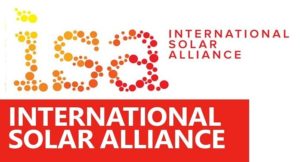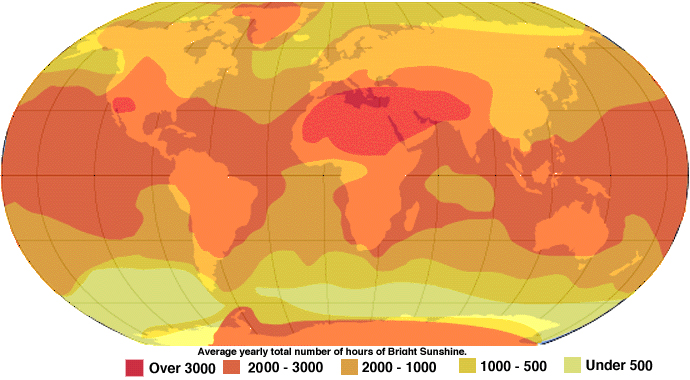 International Solar Alliance (ISA) was established by the Paris Declaration as an alliance dedicated to promotion of solar energy among its member countries. The ISA Framework Agreement entered into force in December 2017 making ISA formally treaty based International Intergovernmental Organization with its headquarter in Gurugram, India. As of now the ISA Framework Agreement has been signed by 121 countries.
International Solar Alliance (ISA) was established by the Paris Declaration as an alliance dedicated to promotion of solar energy among its member countries. The ISA Framework Agreement entered into force in December 2017 making ISA formally treaty based International Intergovernmental Organization with its headquarter in Gurugram, India. As of now the ISA Framework Agreement has been signed by 121 countries.
ISA Mission:-
- Recalling the Paris Declaration on the International Solar Alliance of 30th November, 2015 and the shared ambition to undertake joint efforts required to reduce the cost of finance and the cost of technology, mobilize more than US $ 1000 billion of investments needed by 2030 for massive deployment of solar energy.
- Recognizing that solar energy provides solar resource rich countries, lying fully or partially between the Tropics of Cancer and Capricorn, with an unprecedented opportunity to bring prosperity, energy security and sustainable development to their peoples.
- There is a great amount of sunlight year-round which can lead to cost effective solar power and other end uses with high insolation of almost 300 sunny days in a year.
Objectives:-
- The focus is on solar power utilization.
- Sending strong signals to global communities about the sincerity of the developing nations towards their concern about climate change and to switch to a low-carbon growth path.
- India has pledged a target of installing 100GW by 2022 and reduction in emission intensity by 33–35% by 2030 to let solar energy reach to the most unconnected villages and communities and also towards creating a clean planet.
- India’s pledge to the Paris summit offered to bring 40% of its electricity generation capacity (not actual production) from non-fossil sources (renewable, large hydro, and nuclear) by 2030.
It was PM Narendra Modi’s vision of creating a worldwide platform for “sunshine countries” ahead of the Paris peace accord. The sunshine countries represent all major developed and developing economies between the tropics of Cancer and Capricorn, including Australia, New Zealand and China. The focus is to develop universal energy access through mutual cooperation. India has pledged a target of installing 100GW by 2022 and reduction in emission intensity by 33–35% by 2030 to let solar energy reach to the most unconnected villages and communities and also towards creating a clean planet.
